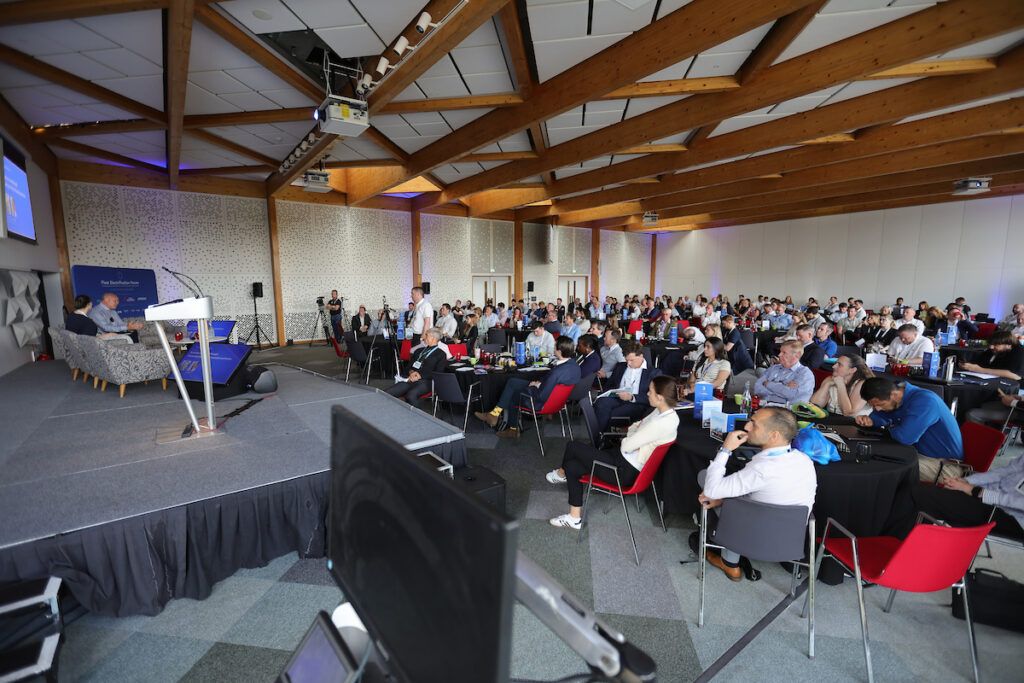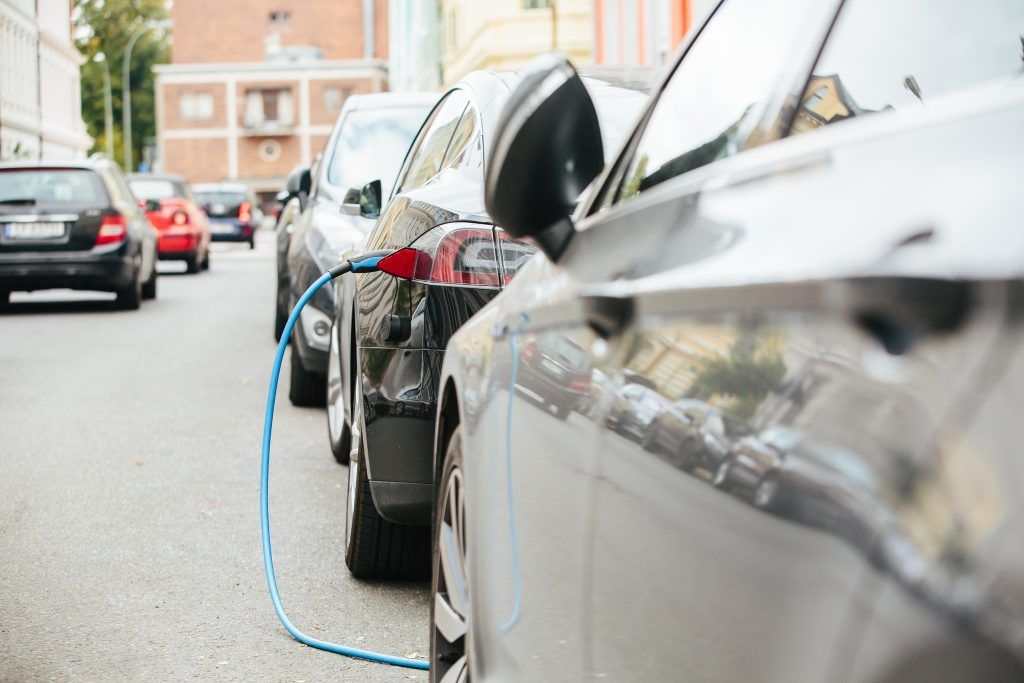A cross-sectoral report from the Green Finance Institute has put forward 18 solutions to overcome the financial barriers to decarbonising road transport in the UK.
The report covers two areas: consumer uptake of EVs, and EV charging infrastructure.
Road to Zero: unlocking public and private capital to decarbonise road transport in the UK sets out the urgent need for private finance to flow into the sector, the barriers to this, and solutions needed to overcome them.
The 18 solutions proposed by the report have been developed by the Green Finance Institute’s Coalition for the Decarbonisation of Road Transport (CDRT), contributed to by more than 200 experts from across the sector.
The solutions are designed to encourage public and private partnerships across transport finance, industry, and local and central government. The first of these is already in development and will be launched in 2022.
Solutions put forward in the CDRT’s report to support consumer purchase and leasing of EVs include:
- increasing loan capacity in the market through securitisation of used EV loans to allow aggregation and sale on secondary markets
- standardised battery health certification to give confidence to buyers in the used car market
- bundled vehicle and infrastructure financing products enabling consumers through simplifying purchasing by making one monthly payment for EV costs, including the EV itself, chargepoints, and energy.
Delivering a UK-wide charging infrastructure is also of critical importance, and requires co-ordination and collaboration between local authorities, data providers, chargepoint operators and energy companies.
Financial products are needed to de-risk investment in areas where the business case for installation is currently commercially uncompelling in the short-term, resulting in an inequitable and uneven roll-out.
Solutions put forward in the report to boost a UK-wide EV charging infrastructure include:
- provision of utilisation-linked loans for installing more widely distributed chargepoints;
- a transport infrastructure facility that uses public and private finance to de-risk investments where there are market failures in the short term
- creation of local authority toolkits to speed up and simplify the process of creating an extensive and reliable charging infrastructure.
Lauren Pamma, Programme Director for the Coalition for the Decarbonisation of Road Transport (CDRT), said: “Our inaugural report has identified a number of barriers to EV adoption by consumers, and the roll out of public charging infrastructure which, if not overcome, risk disrupting the orderly transition needed to move the UK towards zero emission motoring. Our solutions have been co-designed with members to unlock those barriers and accelerate the pace of change.”
Dr Rhian-Mari Thomas OBE, Chief Executive of the Green Finance Institute, said:
“Decarbonising road transport, key to meeting our national emissions targets, is a challenge that’s too large and interconnected for any one part of the market to solve alone. We need radical collaboration through public and private partnerships across finance and industry focused on tackling the barriers and unlocking the estimated £150bn of investment that’s required to accelerate the pace of change.”
Transport Minister, Trudy Harrison, said: “This Government has set ambitious plans to decarbonise transport and has committed £2.5bn towards the roll out of electric vehicles and infrastructure across the UK.
“That’s why on Transport Day at COP26, it’s great to see this report set out exactly how private and public sector can work together to keep our 1.5c pledge alive as we accelerate towards a greener future for all.”
Ian Plummer, Commercial Director at Auto Trader, the UK’s largest automotive marketplace, said: “Upfront costs and the lack of meaningful charging infrastructure remain the key barriers to wide- spread consumer adoption of electric vehicles. There aren’t quick or easy solutions to overcome these barriers, so we absolutely support and welcome the call for better, more integrated planning as well as a consumer-led approach.
“If there’s broader industry and government collaboration to offer more innovative solutions, both financial and non to these barriers, coupled with the use of real time data, then together we stand a better chance of hitting the 2030 target.”
BVRLA Chief Executive, Gerry Keaney, said: “We are at a pivotal moment in the climate emergency and have a collective responsibility to defeat the challenges we’re facing. The Government has outlined its decarbonisation plans and the private sector must match those ambitions.
“Most early EV adoption is coming from the fleet sector, where tax incentives are driving huge demand for company and salary sacrifice cars. Elsewhere, patchy infrastructure and a less convincing consumer offering are holding EV uptake back.
“We support the work of the CDRT, and the innovative solutions put forward could help to accelerate consumer adoption of electric vehicles and the rollout of essential infrastructure. These solutions help to reduce the risk to the private sector, which will encourage more action. The BVRLA is looking forward to further collaboration with public and private partners to make the exciting solutions presented in this report a success.”
Chris Pateman-Jones, CEO of Connected Kerb, said: “The funding challenge of EV infrastructure includes the chicken and egg scenario of revenue clawback being hampered by low initial adoption creating uncertainty about large scale deployment. Collaboration between the private and public sector is critical to overcoming these concerns. Connected Kerb applauds this report from the Green Finance Institute which provides practical solutions on how to unlock the huge investment required to make the contribution of EV to net zero a significant one.”
Graeme Cooper, Head of Future Markets at National Grid, said: “National Grid’s role at the heart of the energy system means it’s uniquely positioned to help drive the transition to cleaner transport in the UK. We welcome this report and focus on unlocking investment, a crucial part of delivering the transition to electric vehicles. Ensuring there is the right financing to deliver the energy infrastructure needed, ahead of EV uptake, will mean a fair transition for all and no region is left behind.”
Richard Hill, Head of Automotive and Manufacturing, NatWest, said: “At NatWest Group, we recognise financing clean transport as a key opportunity in the transition to net zero, We are delighted to be working with the Green Finance Institute and welcome the focus the Coalition for the Decarbonisation of Road Transport (CDRT) brings.”
Image: Shutterstock








